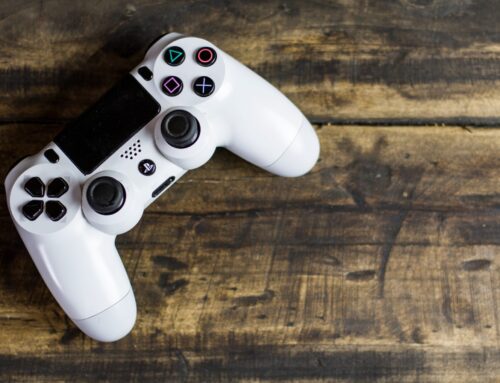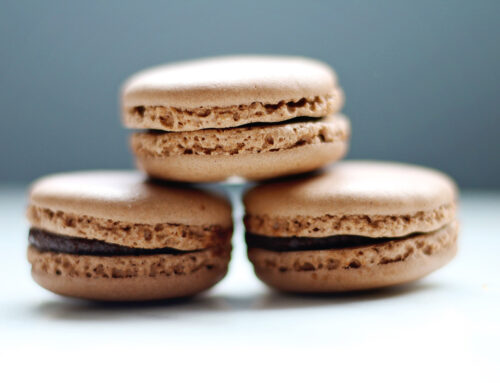There is a myth that most people believe, that all it takes is willpower to make a change or to reach a goal. Many people believe that change or action is simply “mind over matter”. Sometimes getting through the tough times does require a tremendous amount of willpower or “true grit”. Sometimes you just have to “gut it out”. However, the greatest motivators to lasting changes are your commitment and passion for the result.
B.F. Skinner said, “People do what they do because of what happens to them when they do it”. What causes most people to change is either the fear of punishment or the hope of reward. When your desired outcome is great enough, you will be motivated to act Therefore, your hopes and dreams must stir excitement inside you in order to give you that extra push. Freud’s “pleasure principle” states that people change to avoid pain and/or seek pleasure”. We are first motivated to be free of pain and discomfort. Then we are motivated for life improvement. The motivation for self-improvement and personal growth is to be happier, healthier and more satisfied.
QUICK CHANGE VS. GRADUAL CHANGE
Most people will not create significant change without pain or fear of pain. The event of loss or defeat can cause one to be highly motivated for change, or it can cause one to go down into depression or inertia. One need only look at the plethora of advertisements geared toward pain prevention to confirm this insight! The typical cycle of dieting manifests the force of the pain/pleasure principle. The diet begins as a result of the pain associated with being overweight: a person looks in the mirror and thinks, “I can’t stand how I look” or “I’m worried about my health”. The person begins the diet by gaining education about different diets, cutting out certain foods, ect. As changes are made, the person begins to lose weight and as a result begins to feel better about his/her looks, has more energy and feels healthier. The pleasure derived from this immediate success is very motivating, but soon the person notices that the weight loss is slowing down and he/she begins to feel discouraged. In addition, if the person encounters unrelated problems at work or in a relationship this can add stress and frustration. As the pleasure associated with the diet dwindles, and the diet proves to be powerless to affect the new sources of pain, the person loses motivation, binges, gains back a pound, and decides the diet is too much work, and quits.
PAIN VS. PLEASURE- WHO WINS?
In attempting to make a change, it is helpful to determine whether you are typically more motivated by alleviating pain or pursuing pleasure. To help you determine this, ask yourself the question, “What does my work mean to me?” Did you reply, “It provides me with the money to have a great lifestyle”? If your answer to this is “yes”, you are probably more motivated by seeking pleasure. If you responded, “It keeps me from being poor and unable to pay my bills,” you are probably more motivated by avoiding pain. This is an important determination and insight! It may help you devise a more effective strategy to overcome hurdles when you come to an impasse. If you are more motivated to avoid pain, in difficult times it may be more helpful to tell yourself something like, “I need to make sure I don’t go back to that place where I couldn’t pay my bills,” rather than “I must keep moving forward so that I can pay for my student loans.” By understanding your commitment & passion for a desired change-whether it’s avoiding pain or seeking pleasure- you will have discovered your best motivating factor creating change.
Thomas Jefferson had explained it best- “Nothing can stop the man with the right mental attitude from achieving his goal, nothing on earth can help the man with the wrong mental attitude.”





